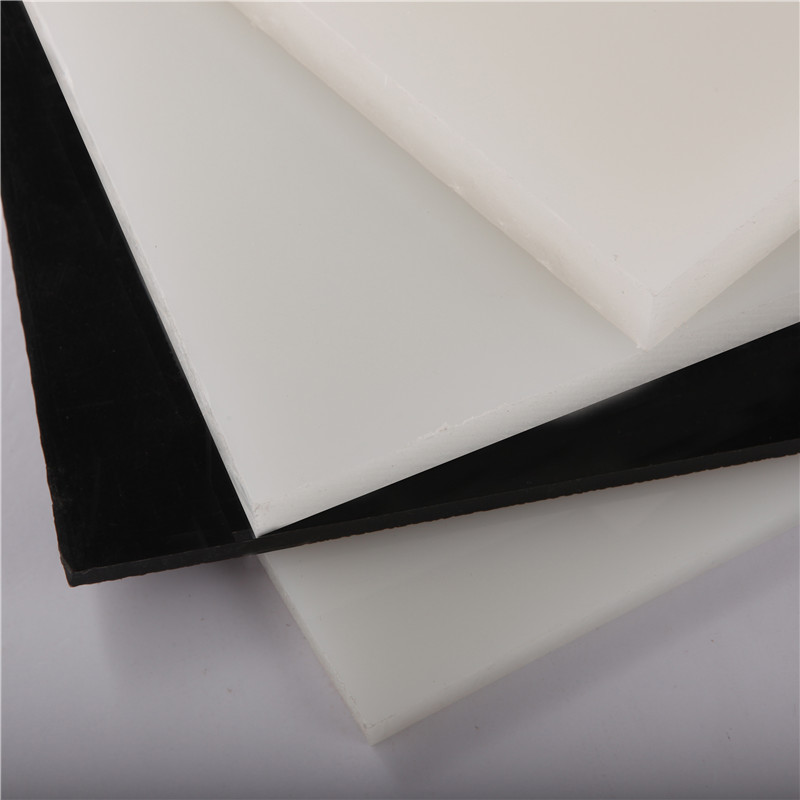නොවැ. . 01, 2024 14:52 Back to list
Black HDPE Pipe Applications and Benefits in Modern Infrastructure Solutions
Understanding Black HDPE Pipe Features and Applications
Black High-Density Polyethylene (HDPE) pipe is increasingly becoming a preferred choice in various industries due to its versatility, durability, and eco-friendliness. HDPE pipes are manufactured from high-density polyethylene resin, which gives them distinct advantages over traditional materials such as metal and concrete. This article aims to explain the features, benefits, and applications of black HDPE pipe.
Key Features of Black HDPE Pipe
One of the defining characteristics of black HDPE pipe is its high resistance to corrosion and rust. Unlike metal pipes, which can degrade over time when exposed to certain environmental conditions, HDPE pipes remain unaffected by moisture, chemicals, and other corrosive substances. This property ensures a longer lifespan and reduced maintenance costs, making it an economical choice for many applications.
Another significant feature of black HDPE pipe is its high tensile strength and flexibility. It can withstand high pressure and extreme temperatures, which makes it suitable for various infrastructural projects. The flexibility of HDPE allows it to be installed in challenging terrains and environmental conditions, reducing the need for fittings and joints, which can be points of failure in other piping systems.
Black HDPE pipes are also lightweight and easy to handle, which simplifies the installation process. Their low weight minimizes transportation costs and time, allowing for quicker project completion. Additionally, HDPE is environmentally friendly as it is recyclable and produced without harmful chemicals, contributing to a sustainable pipeline system.
Applications of Black HDPE Pipe
black hdpe pipe

The versatility of black HDPE pipe means it has a wide range of applications across different industries. One of the primary uses is in water supply and distribution systems. Due to its corrosion resistance and ability to handle high pressure, HDPE pipes are ideal for transporting potable water. They are also utilized in irrigation systems, ensuring efficient water management in agricultural practices.
Another significant application is in the telecommunications sector, where black HDPE pipes are used to protect fiber optic cables and other communication lines. Their durability ensures that critical infrastructure remains intact and functional, even in harsh environmental conditions.
In the oil and gas industry, black HDPE pipe is used for the transportation of various fluids, including crude oil and natural gas. Its chemical resistance makes it suitable for handling aggressive substances, while its strength ensures safety during transit.
Additionally, black HDPE pipes are commonly used in waste management systems. They can efficiently transport wastewater and slurries without the risk of leakage or contamination, contributing to safer and cleaner environments. Municipalities often rely on HDPE pipes for stormwater drainage systems, where their flexibility and durability are crucial.
Conclusion
Black HDPE pipe stands out as a reliable solution for a diverse array of applications. Its combination of strength, flexibility, and resistance to corrosion makes it an ideal choice for water supply, telecommunications, oil and gas, and waste management. As industries continue to prioritize sustainability and efficiency, the demand for black HDPE pipe is expected to grow, solidifying its role as an essential component in modern infrastructure. With its many benefits, black HDPE pipe represents a forward-thinking choice for engineers and contractors alike.
-
High-Precision PVC Rigid Sheets for Vacuum Forming | AI-Optimized
NewsAug.05,2025
-
Durable PVC-M Water Supply Pipes | 60-Year Life
NewsAug.04,2025
-
Premium HDPE Water Supply Pipes: Durable & Leak-Proof
NewsAug.03,2025
-
Premium PVC-M Water Supply Pipe - Durable & Efficient
NewsAug.02,2025
-
HDPE Drainage & Irrigation Pipe - Durable, Efficient Solutions
NewsAug.01,2025
-
Premium PVC Transparent Pipe: Durable & Clear Solutions
NewsJul.31,2025

